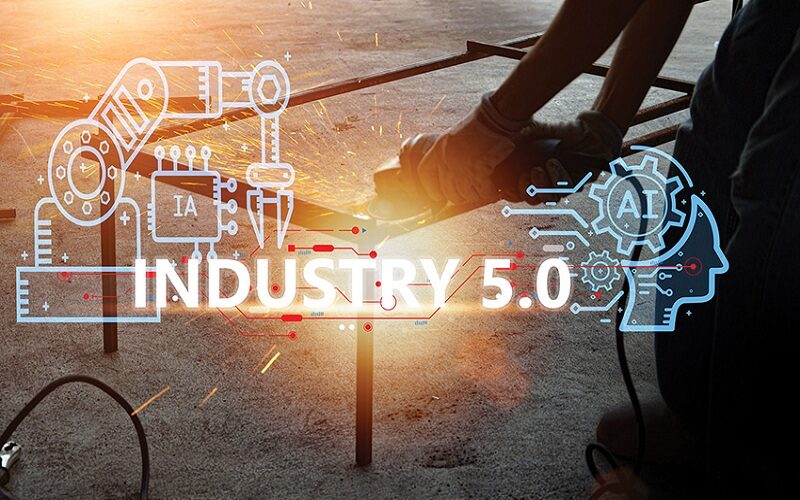Since the dawn of the 21st century, the integration of computers and subsequent digitalization has propelled our technological capabilities forward by more than a hundred-fold. This era of computer technology has revolutionized how we exchange information, communicate, and engage in work. Much of this transformation is credited to the introduction of advanced data analytics, the Internet of Things (IoT), cloud computing, artificial intelligence (AI) technologies, and machine learning.
With the ongoing development of these continually evolving advancements, our industrial capacities have progressed to the point where automation, cyber-physical systems, and robotics are shaping the landscape of smart factories. These intelligent manufacturing facilities, scattered globally, have significantly elevated various sectors, including automotive and consumer electronics. The collaborative partnership between humans and machines within these smart factories has resulted in substantial improvements in overall production, performance, and sustainability.
For those eager to deepen their understanding of Industry 5.0 and the preceding industrial revolutions, explore the accompanying resource for a more comprehensive insight.
The Evolution of Industry from Advanced Technology Services, a provider of technical workforce support


